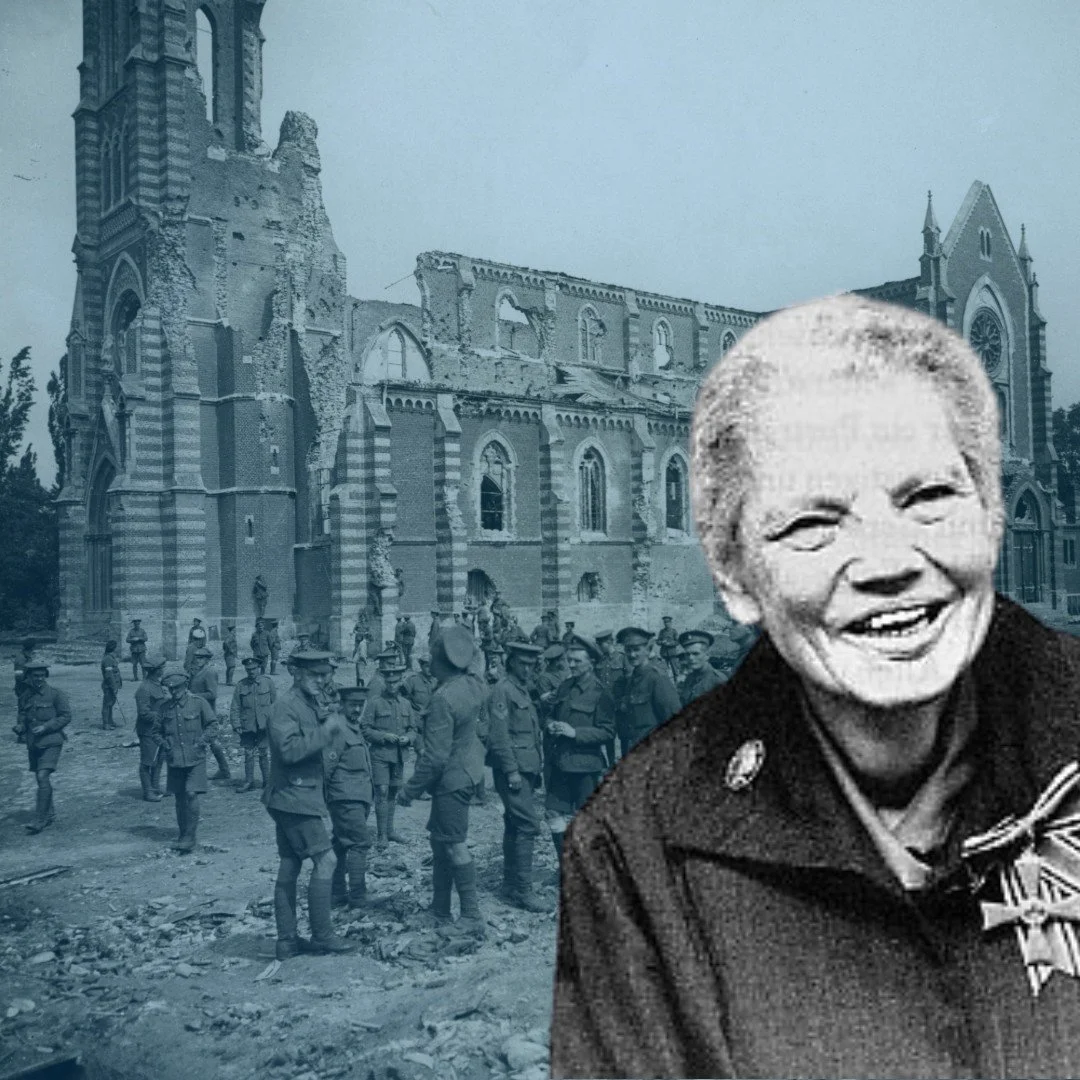Remembering the Quiet Hero Gertrud Luckner
On August 31, we remember an amazing woman whose impact was felt keenly by many in Germany. Her story isn't widely known, but it should be. That's why I was so keen to include her in my book, Important Catholic Women of the 20th Century, so that others could appreciate this insightful, compassionate woman from Freiburg named Gertrud Luckner. With an international perspective and a bias for action, Gertrud channeled the terrible cruelty she saw in Germany in the 1930s and 40s into heroic acts. From a young age, she dedicated her life to interfaith dialogue and serving those in need, especially the Jewish people. Her influence is still felt today, even if her name is not on everyone’s lips.
A Tumultuous Beginning and a Call to Action
Born Jane Hartmann in Liverpool, England, in 1900, Gertrud was the only child of German parents. She moved back to Germany at age six and was later adopted by the Luckner family after her parents died. This change in her life, and her new name, underscore her early resilience. Raised a Quaker, she later converted to Catholicism.
Gertrud was an academic, studying political economy in England and eventually earning her Ph.D. from the University of Freiburg in Germany in 1938. She chose Freiburg because of its reputation for being open-minded, but she was alarmed by the Nazi propaganda she found there.
Instead of wringing her hands, she took action. She started discussion groups for students, using both pro- and anti-Nazi propaganda to teach them to think critically. She also made it a point to read foreign newspapers discarded by the university library. This helped her stay informed about what was really happening in the world, allowing her to grasp the depth of antisemitism long before most people did. Her actions were a direct result of her deeply held pacifist beliefs, which she embraced long before the Nazi regime came to power.
The Office for War Relief
Right after Kristallnacht in November 1938, Gertrud began working for Caritas, the German Association of Catholic Charitable Organizations. With the blessing of Archbishop Conrad Gröber, who gave her a special power of attorney, she established a special "Office for War Relief" within Caritas in 1939. This wasn't just a job; it was a mission with official religious backing, and it became a vital tool for Catholics in Freiburg to help "non-Aryans," whether they were Jewish or Christian.
In her role, Gertrud traveled throughout Germany and Austria, using her international network of contacts to gather information, distribute funds, and warn people in danger. Her connections, many of whom she met while studying in England, were key to her efforts to smuggle Jewish people across the Swiss border to safety.
But her help wasn't limited to smuggling. She created an underground network to provide financial assistance to Jewish people pushed into poverty by Nazi laws. She also organized groups to shop for Jewish families who were restricted to shopping during times they were forced to work. In another instance, she convinced a local industrialist to claim that Jewish workers were essential for armaments, sparing them from labor transports. She even persuaded doctors to admit elderly Jewish people to hospitals to prevent their deportation.
When a law was passed requiring Jewish people to wear the Star of David in public, Gertrud didn't just stand by. She organized people to walk with Jewish Catholics to and from Mass so they could still receive the sacraments. On her own, she made a point of talking to people wearing the Star of David, even if just to ask for directions, to show them that their human dignity was seen and recognized.
Standing Firm in the Face of Evil
Gertrud's activities eventually caught the attention of the Gestapo. In 1943, she was arrested on her way to Berlin to deliver money to Jewish people. She was interrogated for weeks and then sent to Ravensbrück concentration camp, where she spent 19 months until the camp was liberated in 1945. Even as an inmate, she focused on comforting those around her, reminding them that they were not alone.
After the war, Gertrud continued her work, tirelessly aiding refugees and founding the Freiburger Rundbrief in 1948. This publication was dedicated to promoting dialogue and friendship between Jews and Christians, a mission she pursued for the rest of her life. But founding this journal was a particularly lonely endeavor, as she was one of the few people directly confronting German and Christian antisemitism in this way, long before it was a popular idea.
In 1966, Yad Vashem recognized Gertrud as "Righteous Among the Nations," a well-deserved honor for her bravery. She was a tireless advocate for Jewish–Christian dialogue until her death in 1995. She never saw her work as extraordinary, simply saying that it was "obvious" to treat people with the human dignity they deserved.
The Power of a Personal Touch
Gertrud's heroism lay in her profound understanding that racism and antisemitism reduce people to things. Her fight against this was simple yet powerful: she treated every person as a unique individual worthy of respect. Her work was personal, often relying on her one-on-one connections rather than formal institutions. She believed that this person-to-person approach was the best way to combat injustice.
Everything Gertrud did was on an intimate level. She didn't wait for a grand solution; she looked at the person in front of her, assessed their specific problem, and then used her connections and knowledge to solve it. This is a powerful lesson for us all. We may not be in a position to save people from concentration camps, but like Gertrud, we can fight racism and discrimination by truly seeing the human dignity in every person we meet. We can work to build personal connections and stand firm in doing what we know is right.
Gertrud Luckner, pray for us.
